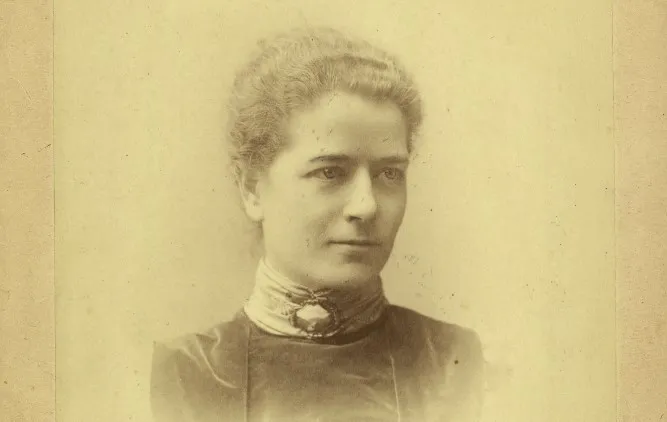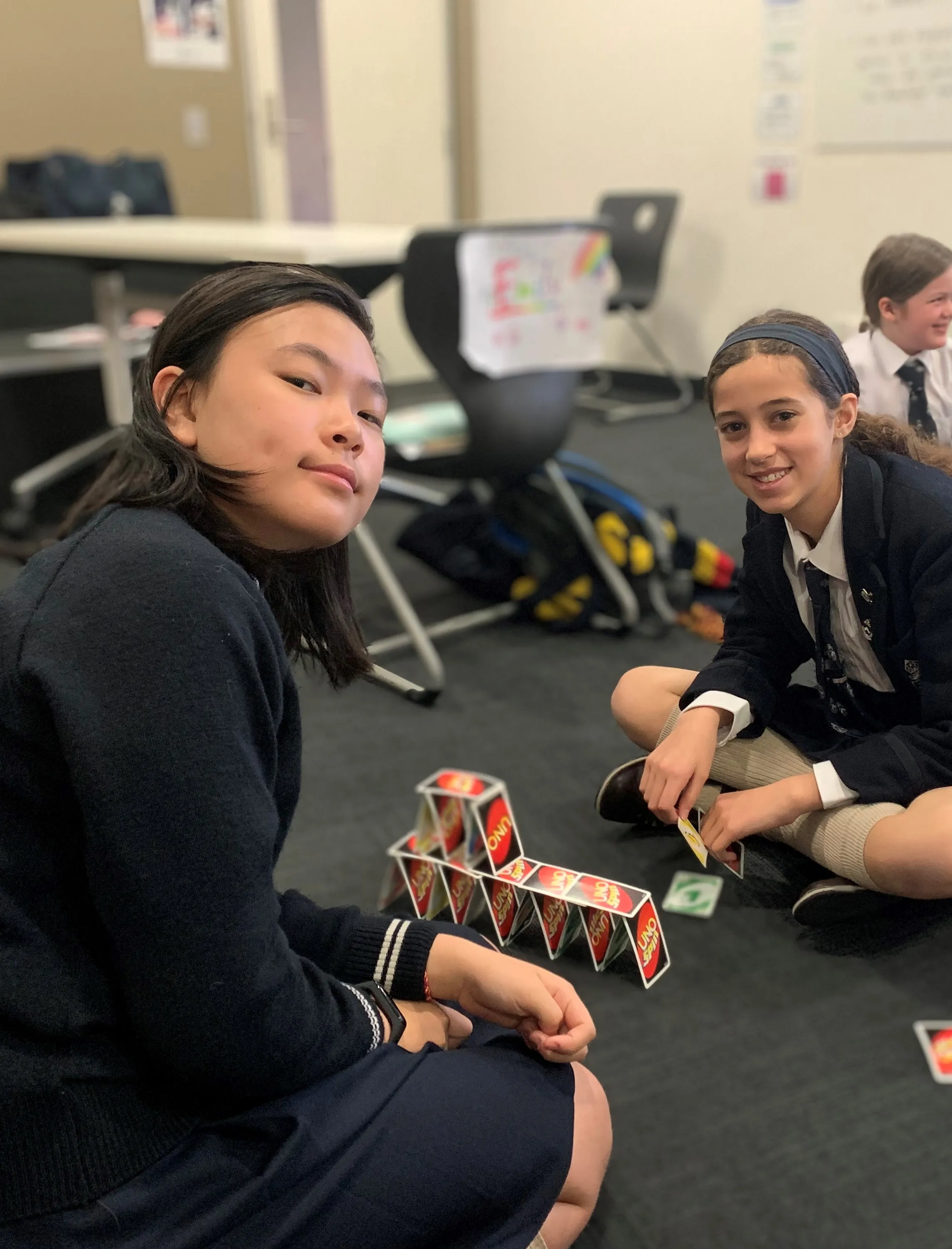

Lily and Isabel in Year 6 exploring the benefits of challenge


Lily and Isabel in Year 6 exploring the benefits of challenge
Facing the Challenge
In the Middle Years, we approach the future with excitement and optimism. We empower our students to be forward thinking by providing engaging programs that encourage them to think critically and understand themselves as learners. Over time, these metacognitive skills become habitual and transferable.
As Professor Guy Claxton, Emeritus Professor of the Learning Sciences at the University of Winchester and author of Building Learning Power, said, “In a complicated, fast-changing world the intelligent path is to let go of being a 'knower' and embrace being a 'learner'.”
In Wildfell, we want our students to experience challenge, try things that are hard, stick with them, and take risks. It is important for them to sit with the problem and grapple with solutions, to have opportunities to make mistakes and learn from them. To compliment this, our Year 6 team designed a unit of work encompassing coming to understand the human mind and how decisions are made. Students were explicitly taught about metacognitive awareness and how to think about their own thinking.
“As educators our job is not to teach students how to do things, our job is to help them understand themselves. The more that they can understand themselves as learners, the more skills, strategies and knowledge they have to be successful in whatever field they choose. What we are doing this term is the best version of future proofing that you could possibly do,” said Rory McCaughey, Year 6 Lead Teacher.

Once we put words to the idea of challenge then we can start to own it, we can make it our own. It’s no longer a scary thing, it's no longer the unknown.
Dr Jared Cooney Horvath
To provide our students with the most cutting edge knowledge about the brain, learning, and how to understand themselves, the students worked with an Educational Neuroscientist from the University of Melbourne, Dr. Jared Cooney Horvath. Dr. Horvath explained how our stories drive our perceptions and then, our perceptions dictate our reality. He argues that your stories are your understanding of the world.
As learners, we bring 'stories' to each learning situation. Sometimes, stories can be useful and other times they can be restricting. When you feel challenged, that’s an opportunity to write a new story. An example might be a student engaging in a mathematics task, when encountering difficulty, their story, based on previous experience could be negative, ‘This always happens, I’m just not good at Maths.’ Dr. Horvath explained, in this moment, if learners choose to engage with the challenge, they have the opportunity to re-write that story, to learn and to grow. If they choose not to engage, the story stays the same and growth does not occur.
Once we put words to the idea of challenge then we can start to own it, we can make it our own. It’s no longer a scary thing, it's no longer the unknown.
Dr Jared Cooney Horvath
To provide our students with the most cutting edge knowledge about the brain, learning, and how to understand themselves, the students worked with an Educational Neuroscientist from the University of Melbourne, Dr. Jared Cooney Horvath. Dr. Horvath explained how our stories drive our perceptions and then, our perceptions dictate our reality. He argues that your stories are your understanding of the world.
As learners, we bring 'stories' to each learning situation. Sometimes, stories can be useful and other times they can be restricting. When you feel challenged, that’s an opportunity to write a new story. An example might be a student engaging in a mathematics task, when encountering difficulty, their story, based on previous experience could be negative, ‘This always happens, I’m just not good at Maths.’ Dr. Horvath explained, in this moment, if learners choose to engage with the challenge, they have the opportunity to re-write that story, to learn and to grow. If they choose not to engage, the story stays the same and growth does not occur.
Once we put words to the idea of challenge then we can start to own it, we can make it our own. It’s no longer a scary thing, it's no longer the unknown.
Dr Jared Cooney Horvath
To provide our students with the most cutting edge knowledge about the brain, learning, and how to understand themselves, the students worked with an Educational Neuroscientist from the University of Melbourne, Dr. Jared Cooney Horvath. Dr. Horvath explained how our stories drive our perceptions and then, our perceptions dictate our reality. He argues that your stories are your understanding of the world.
As learners, we bring 'stories' to each learning situation. Sometimes, stories can be useful and other times they can be restricting. When you feel challenged, that’s an opportunity to write a new story. An example might be a student engaging in a mathematics task, when encountering difficulty, their story, based on previous experience could be negative, ‘This always happens, I’m just not good at Maths.’ Dr. Horvath explained, in this moment, if learners choose to engage with the challenge, they have the opportunity to re-write that story, to learn and to grow. If they choose not to engage, the story stays the same and growth does not occur.


Charlotte and Vicky (Year 6) completing an immersion challenge – catching and counting at the same time.



Charlotte and Vicky (Year 6) completing an immersion challenge – catching and counting at the same time.
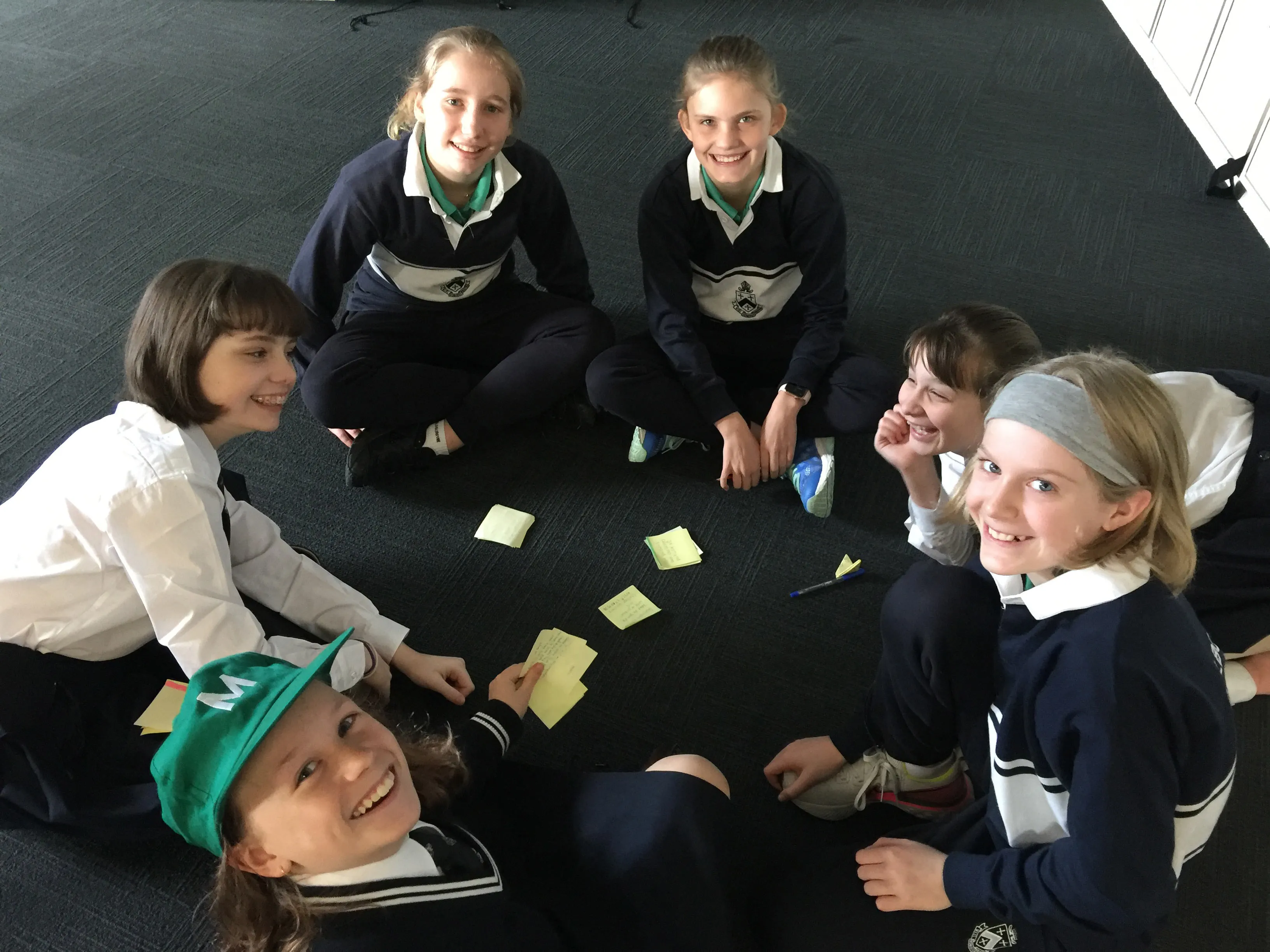

Juliette, Lexie, Lulu, Coco, Jacqui and Katie organising driving questions for our Exhibition unit
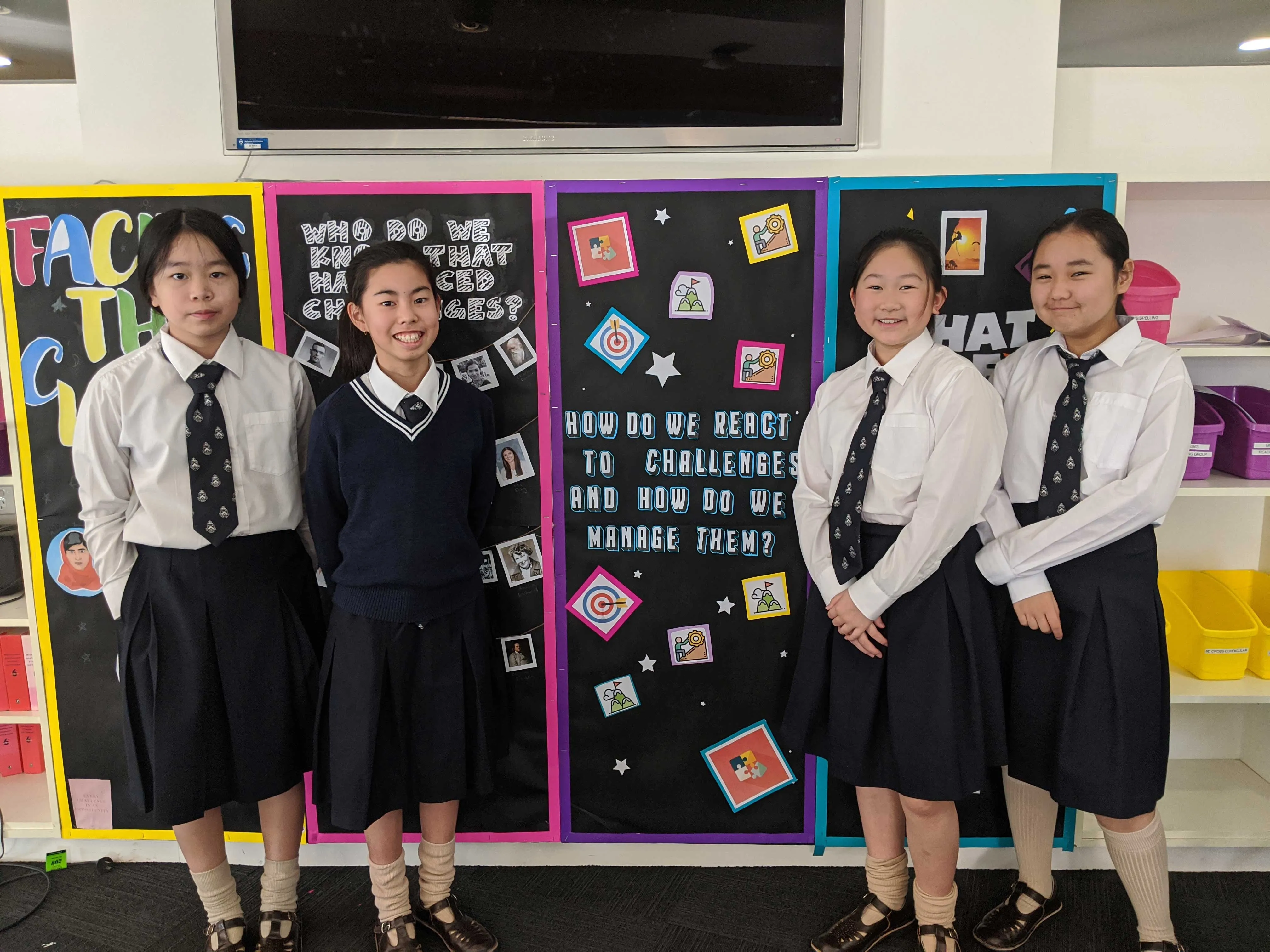

Talia, Orla, Katherine and Asun (Year 6) creating display boards or our Exhibition unit
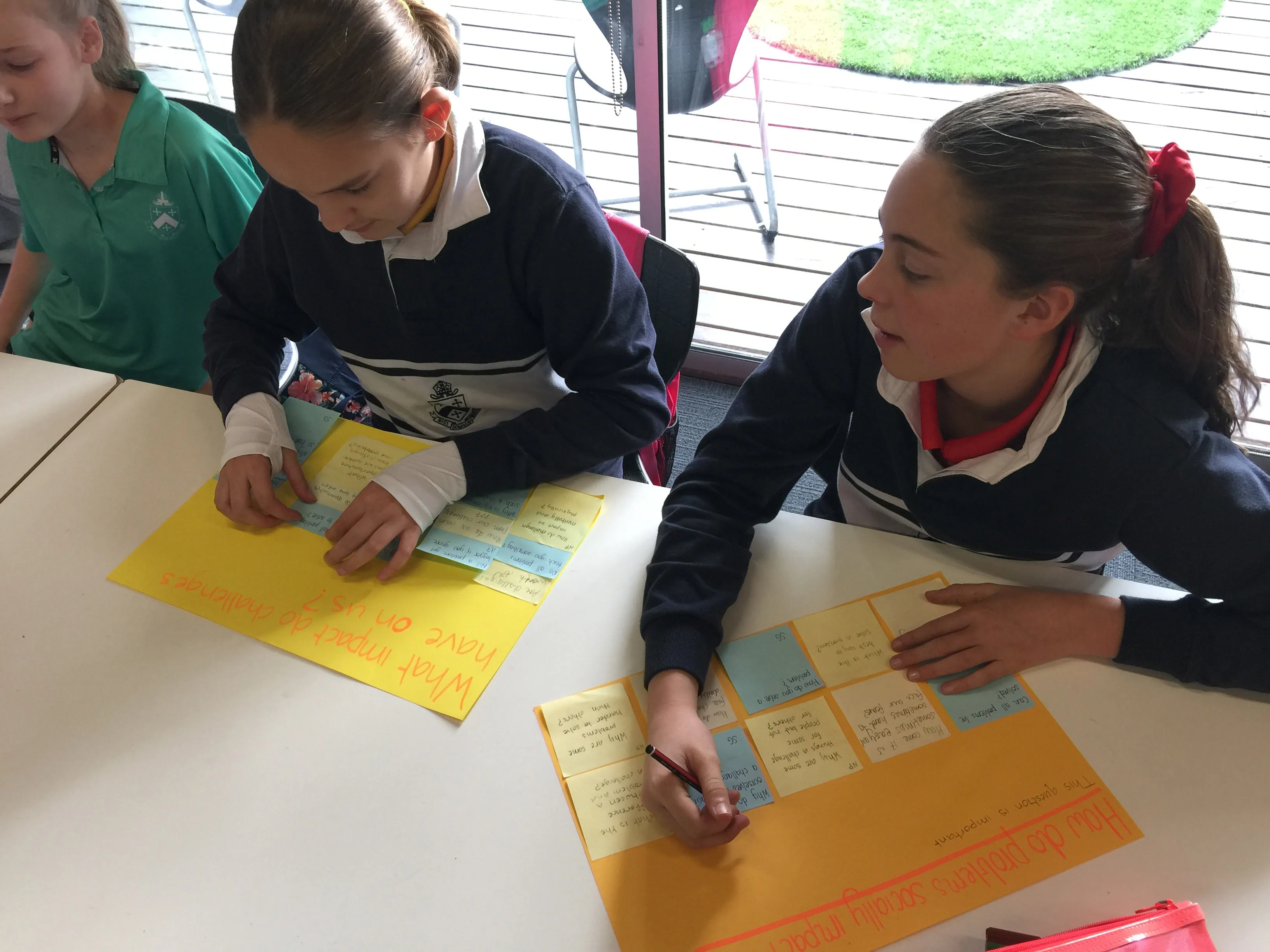

Nelly and SopHie organising driving questions for our Exhibition unit
What are the Benefits of Challenge?
To explore this concept further, Year 6 students engaged with a personal learning project designed to evoke feelings of challenge. As part of the learning journey, our Grammarians were supported to develop a toolkit of strategies which they could draw upon. This was to promote the confidence required to engage with the challenges encountered as part of their learning project. These included:
- motivational self talk
- instructional self talk
- asking advice from an expert
- breaking a task into smaller steps
- repetition
- learning from mistakes
- reframing.
Dr. Horvath also pointed out to the students that it is the nature of challenge to make you feel uncomfortable. It is important for us to recognise that feeling, and actively engage with it in order to learn and grow.
What are the Benefits of Challenge?
To explore this concept further, Year 6 students engaged with a personal learning project designed to evoke feelings of challenge. As part of the learning journey, our Grammarians were supported to develop a toolkit of strategies which they could draw upon. This was to promote the confidence required to engage with the challenges encountered as part of their learning project. These included:
- motivational self talk
- instructional self talk
- asking advice from an expert
- breaking a task into smaller steps
- repetition
- learning from mistakes
- reframing.
Dr. Horvath also pointed out to the students that it is the nature of challenge to make you feel uncomfortable. It is important for us to recognise that feeling, and actively engage with it in order to learn and grow.
What are the Benefits of Challenge?
To explore this concept further, Year 6 students engaged with a personal learning project designed to evoke feelings of challenge. As part of the learning journey, our Grammarians were supported to develop a toolkit of strategies which they could draw upon. This was to promote the confidence required to engage with the challenges encountered as part of their learning project. These included:
- motivational self talk
- instructional self talk
- asking advice from an expert
- breaking a task into smaller steps
- repetition
- learning from mistakes
- reframing.
Dr. Horvath also pointed out to the students that it is the nature of challenge to make you feel uncomfortable. It is important for us to recognise that feeling, and actively engage with it in order to learn and grow.


Avoiding Autopilot
Students were also introduced to Nobel Prize winner Daniel Kahneman’s two systems of thinking, thinking fast and thinking slow, we called them 'autopilot' and 'pilot'.
Often, when faced with something new or unexpected our initial reaction is to go into autopilot mode. When in autopilot, students will react fast, unconsciously and automatically to a challenge they face. Yet, by taking a moment to consider the challenge or problem and allowing pilot mode to kick in, a student is more able to have a calmer, more conscious or rational approach to the situation. Both can have a purpose, there are times when a quick reaction is an important response; however, during complex reasoning or in thinking and learning tasks, being controlled in your decision and allowing pilot mode to surface is an important skill.
One of the most important parts of the project was the reflective process. Our Grammarians practised self reflection to examine their weekly accomplishments, this process helped them to identify patterns in their thinking that needed to be changed or continued to achieve their set goals. They were encouraged to make connections to previous learning experiences and consider ways they could possibly learn from past successes or mistakes. Then they were asked, where can you take this learning and use it in the future? Through the process of recorded reflections, our students were able to articulate and use metacognitive language which demonstrated the significant impact these skills had. We anticipate that this process will stay with them and be transferable to different contexts throughout their educational journey. It will be transformative in how they see themselves as learners.
Avoiding Autopilot
Students were also introduced to Nobel Prize winner Daniel Kahneman’s two systems of thinking, thinking fast and thinking slow, we called them 'autopilot' and 'pilot'.
Often, when faced with something new or unexpected our initial reaction is to go into autopilot mode. When in autopilot, students will react fast, unconsciously and automatically to a challenge they face. Yet, by taking a moment to consider the challenge or problem and allowing pilot mode to kick in, a student is more able to have a calmer, more conscious or rational approach to the situation. Both can have a purpose, there are times when a quick reaction is an important response; however, during complex reasoning or in thinking and learning tasks, being controlled in your decision and allowing pilot mode to surface is an important skill.
One of the most important parts of the project was the reflective process. Our Grammarians practised self reflection to examine their weekly accomplishments, this process helped them to identify patterns in their thinking that needed to be changed or continued to achieve their set goals. They were encouraged to make connections to previous learning experiences and consider ways they could possibly learn from past successes or mistakes. Then they were asked, where can you take this learning and use it in the future? Through the process of recorded reflections, our students were able to articulate and use metacognitive language which demonstrated the significant impact these skills had. We anticipate that this process will stay with them and be transferable to different contexts throughout their educational journey. It will be transformative in how they see themselves as learners.

We asked our passionate team of Year 6 team educators to provide their perspective on the learnings from this unique unit of enquiry.
We asked our passionate team of Year 6 team educators to provide their perspective on the learnings from this unique unit of enquiry.
We asked our passionate team of Year 6 team educators to provide their perspective on the learnings from this unique unit of enquiry.


When we teach students how to think in strategic ways about the challenges they face, we provide them with transferable skills to assist them as they move into the unknown. As our Wildfell students transition to Year 7 and then the Senior Years Program, we are confident that they will have the ability to think and react appropriately when faced with new or challenging situations. By developing the motivation to persevere, along with a bank of metacognitive strategies, our Grammarians will become more independent, and self regulated learners.
When we teach students how to think in strategic ways about the challenges they face, we provide them with transferable skills to assist them as they move into the unknown. As our Wildfell students transition to Year 7 and then the Senior Years Program, we are confident that they will have the ability to think and react appropriately when faced with new or challenging situations. By developing the motivation to persevere, along with a bank of metacognitive strategies, our Grammarians will become more independent, and self regulated learners.
When we teach students how to think in strategic ways about the challenges they face, we provide them with transferable skills to assist them as they move into the unknown. As our Wildfell students transition to Year 7 and then the Senior Years Program, we are confident that they will have the ability to think and react appropriately when faced with new or challenging situations. By developing the motivation to persevere, along with a bank of metacognitive strategies, our Grammarians will become more independent, and self regulated learners.








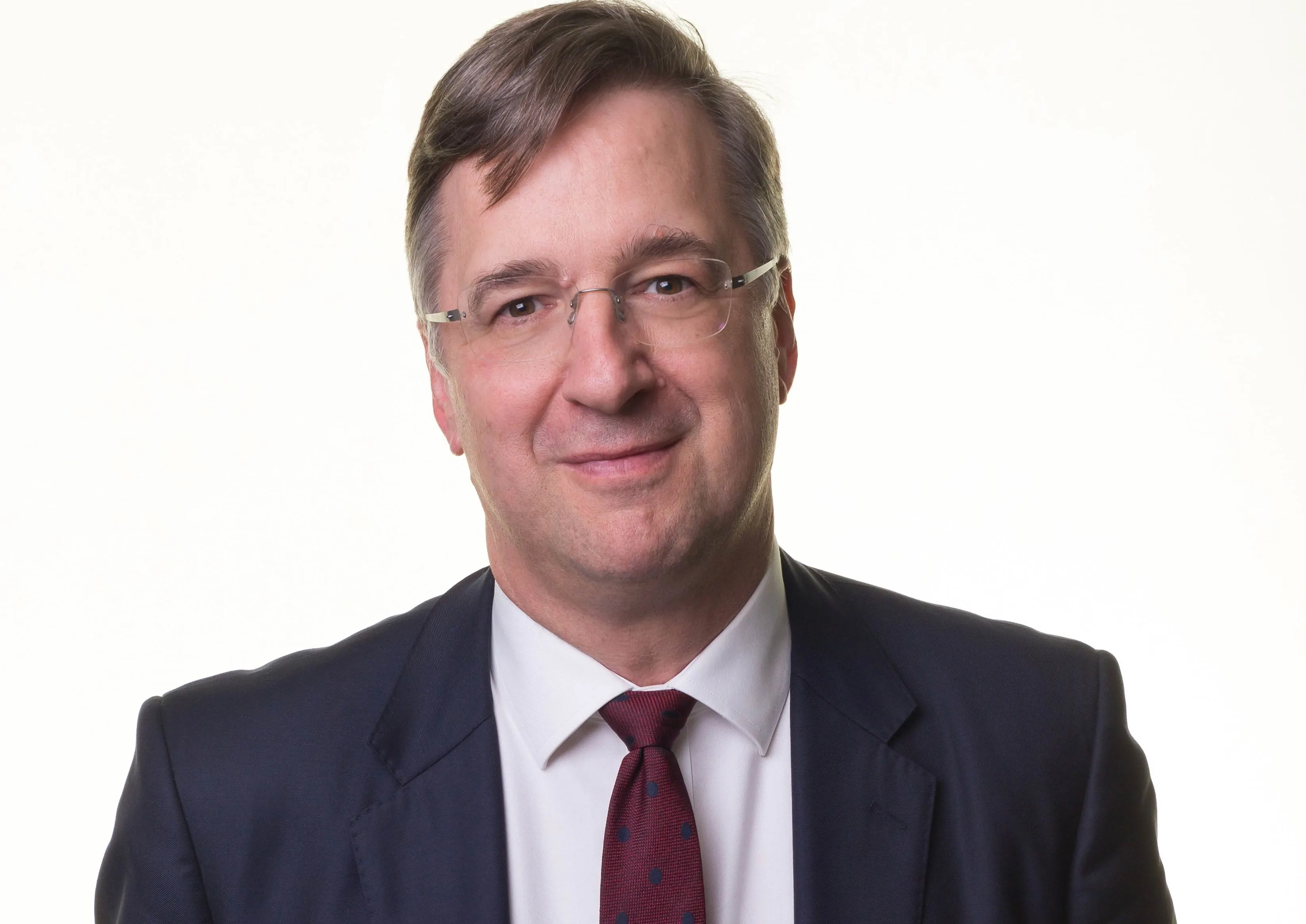
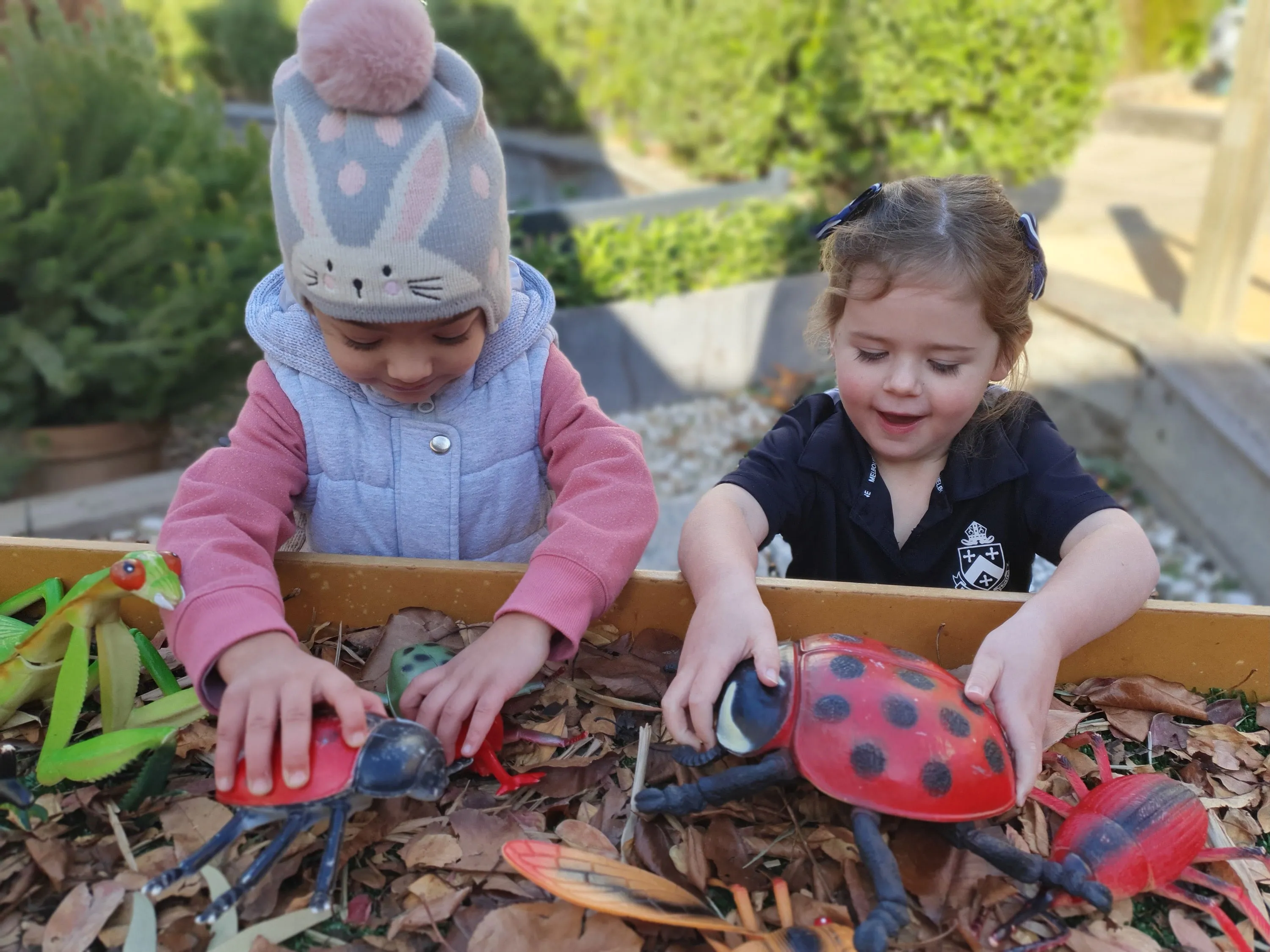
-web.webp)
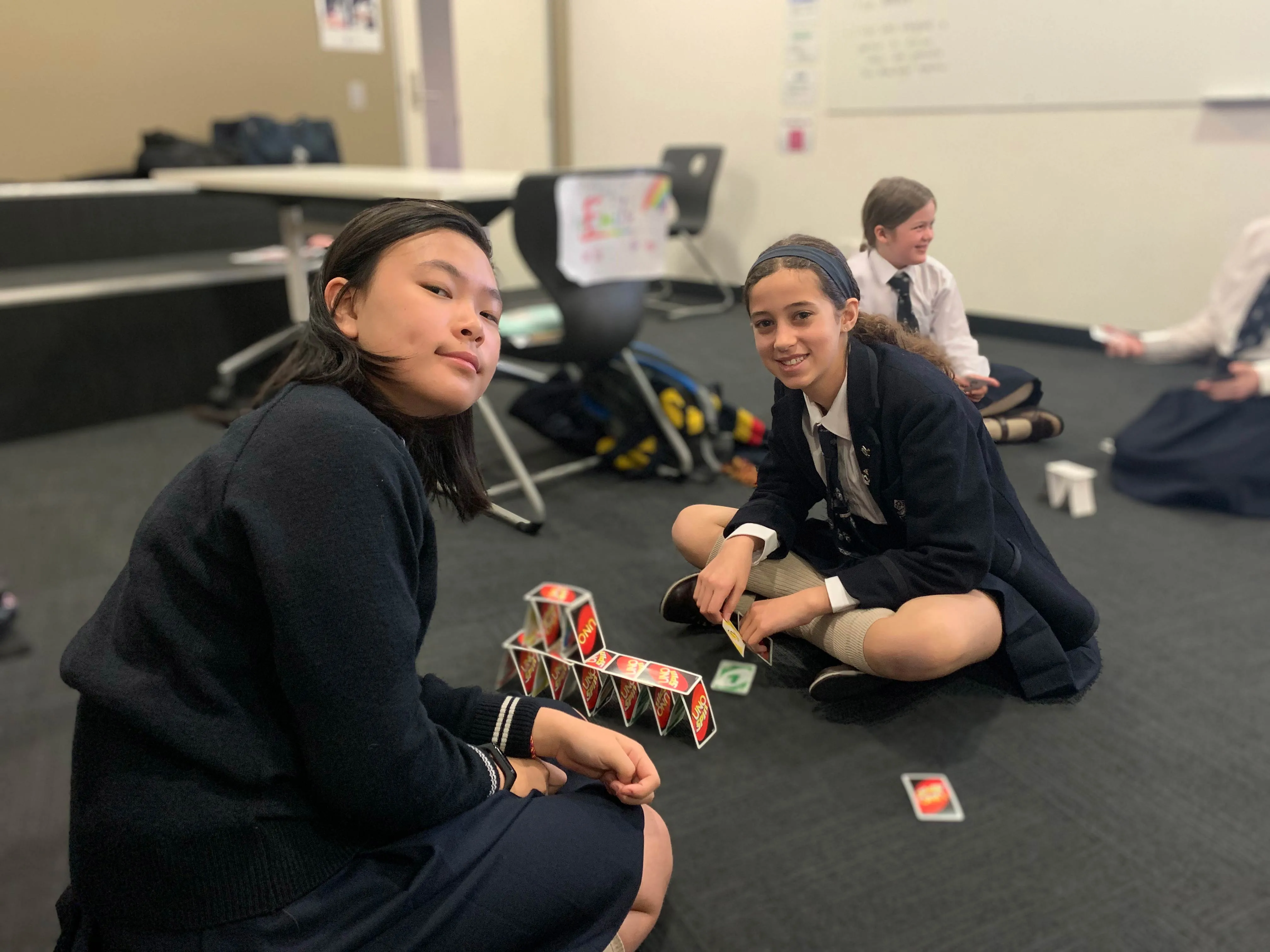
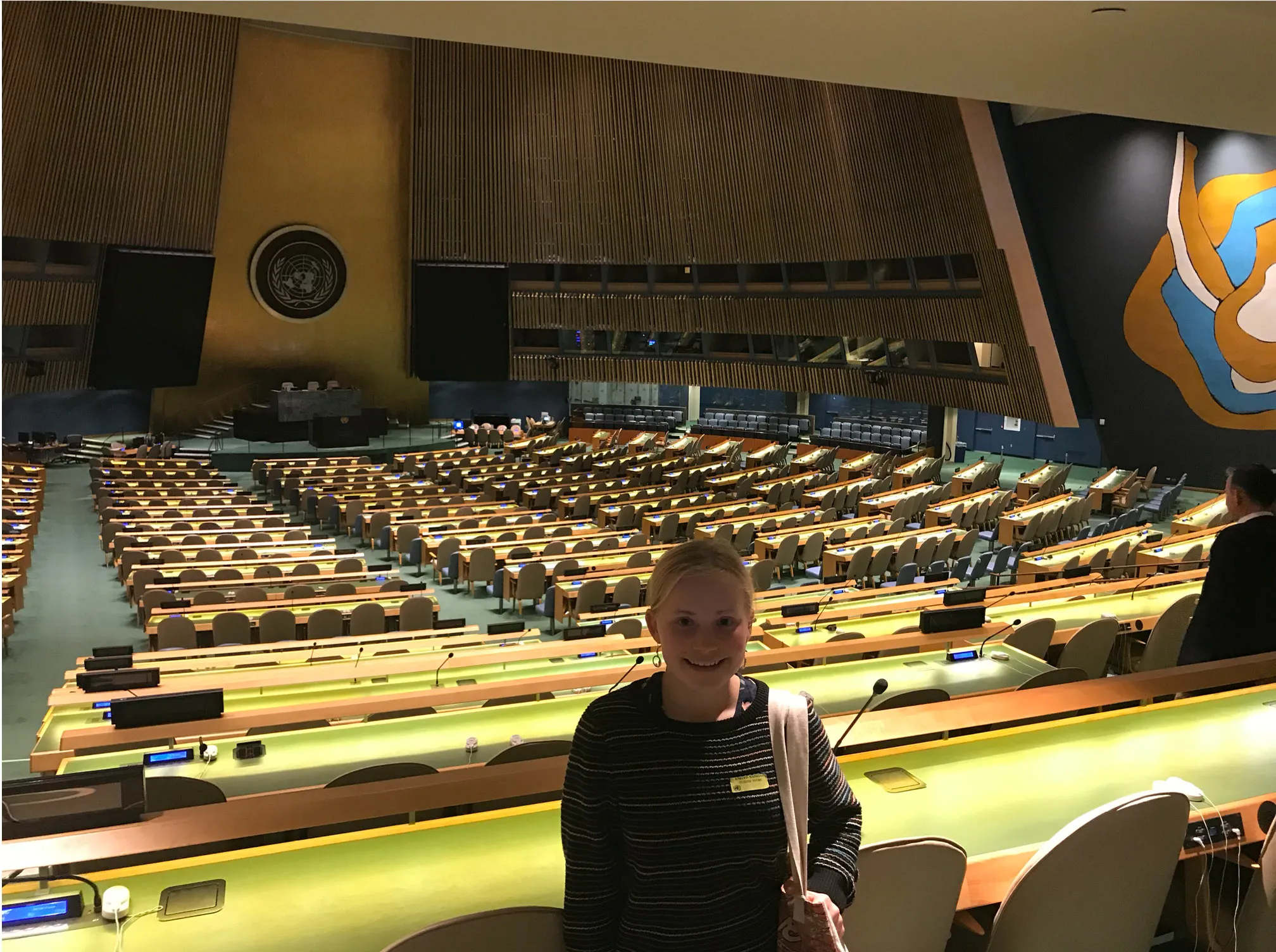
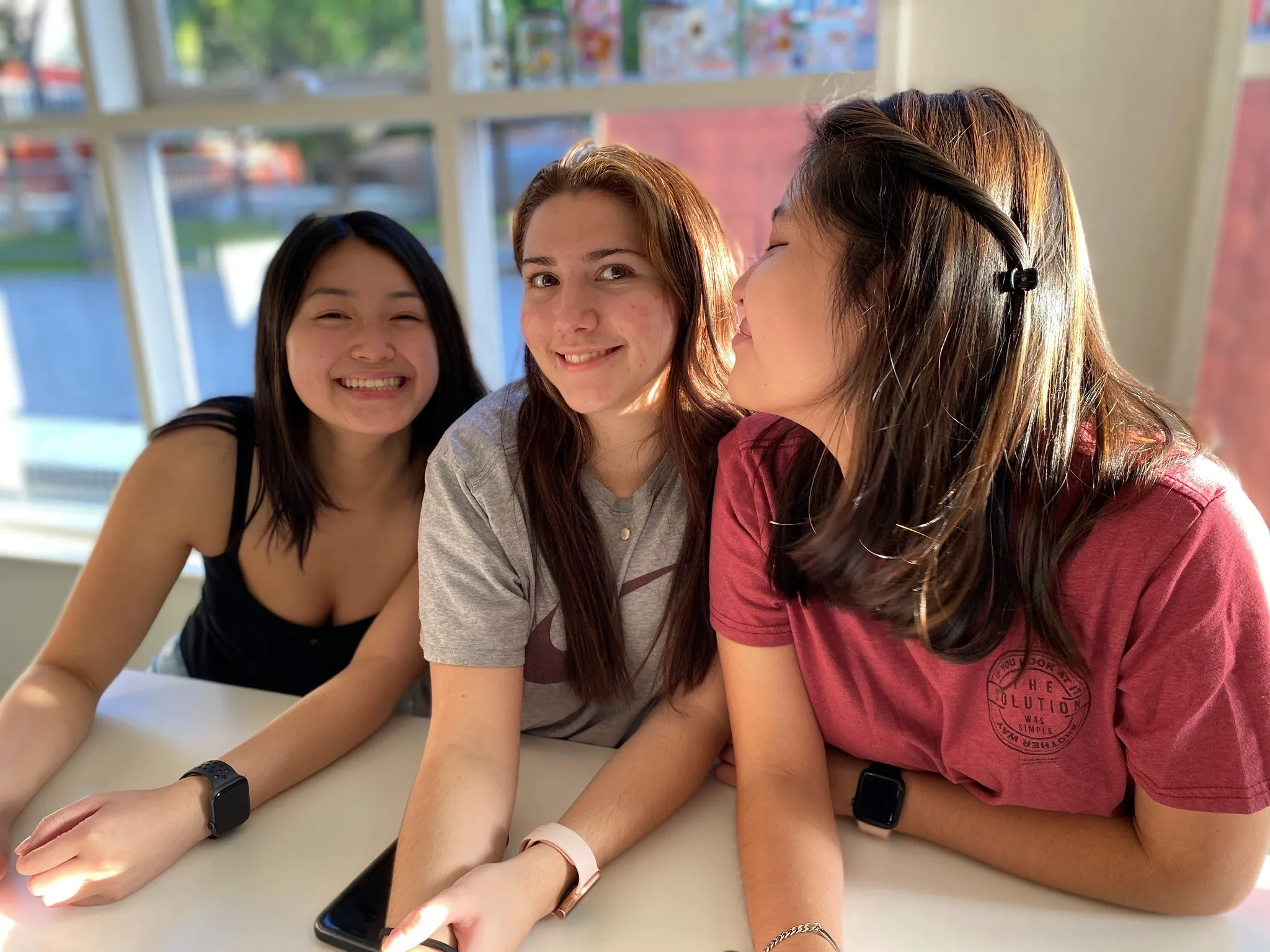

-web.webp)
-web.webp)
%2C-Claudine-Knott-(2020)-and-Harriet-Hiscock-(1985)-landscape%20thumbnail.webp)

